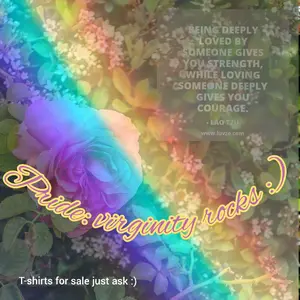Review #31
You know you weren’t part of the target audience when the opening chapter name drops a bunch of celebrities and you haven’t even heard of most of them. Then again, let’s recall that autism is a spectrum, and we all have our own interests, and clearly, the author is someone who seems to be well connected growing up with the internet, internet celebrities, and film/movie celebrities, where as I liked non-fiction books, and the internet during my teen years was one where list-servs were predominant.
While I’ve read other books written by teens and near-teens, this was the first time I’ve read one where the author seems to have grown up with social media, and I’ll start by saying her last chapter, on bullying, includes some reminders of how dangerous the internet can be – for example, how trying to point something out to someone with a lot of followers could result in that person turning their massive fan base against you. With many autistic persons wearing their heart on their sleeves and being more easily triggered, we have to remind ourselves that sometimes when we encounter someone who is saying things we don’t agree with, that unless they are specifically talking to us, that it may be better to ignore and walk away then to engage them.
As for the book in general, it provides an excellent overview of the topics noted in the chapter list, of which some important ones is the importance of finding and being yourself, that it’s okay to be questioning, and that while one is in an questioning/exploratory phase, to remember to respect your own boundaries and not to do something you might not otherwise do just for the sake of conforming with expectations of the identity you’re exploring - and of course, many terms are also fluid in their definitions. It also goes into fandoms and fanfiction as ways of engaging with others and exploring themes, in addition to pornography and how it might be useful and at the same time, dangerous. One other takeaway is the difference between desire and attraction.
One criticism I do have, is that there are tons of references in the book – but they virtually all pertain to those living in the UK. Yes, JKP is a publisher based in Britain, but they are the largest publisher of books on the spectrum and read worldwide, and I felt that a lot of the content, like how one might go about transitioning in the UK, would be irrelevant to me. In my opinion, the UK-specific content should have been moved to an annex, and there was a big missed opportunity to incorporate information on other places, where, for example, even exploring different gender roles could potentially be dangerous.
Score: 5.0/6.0
